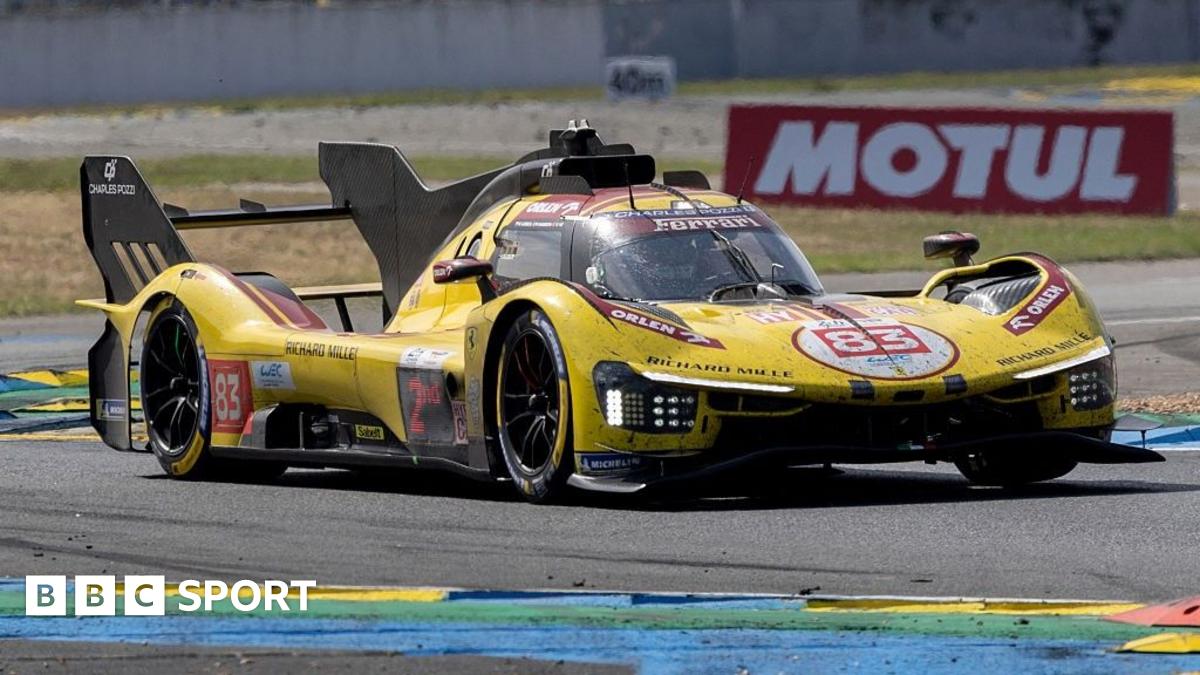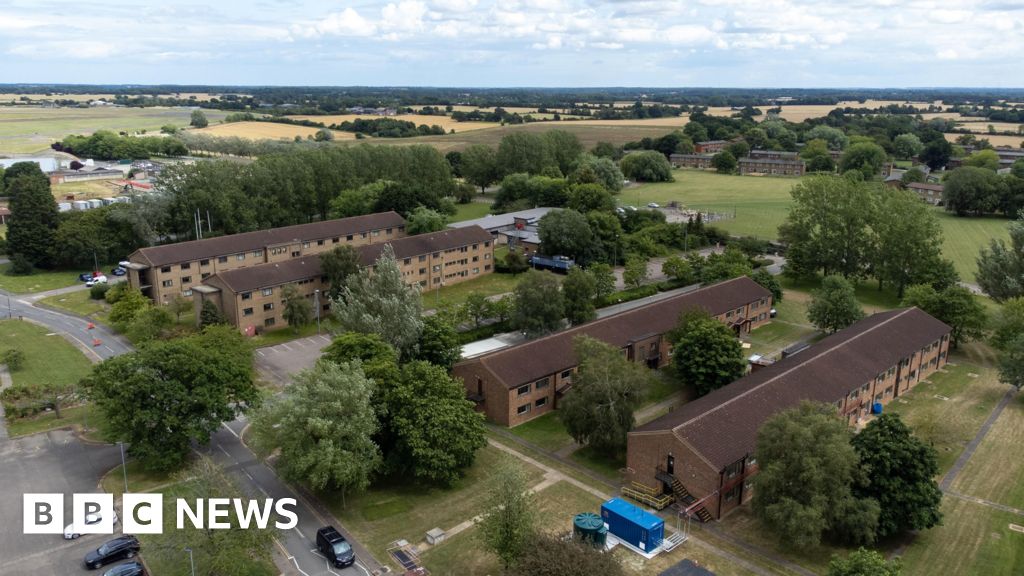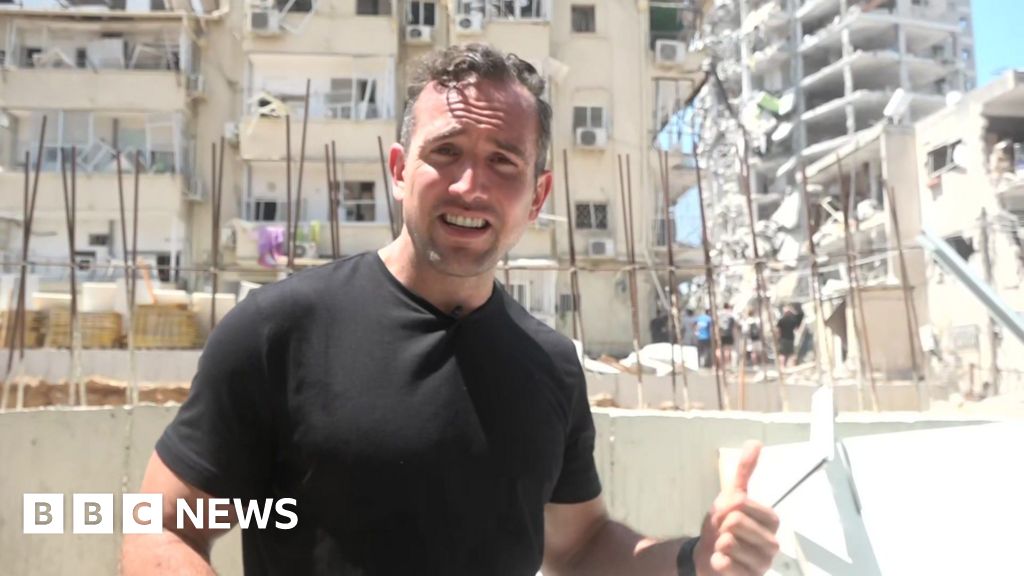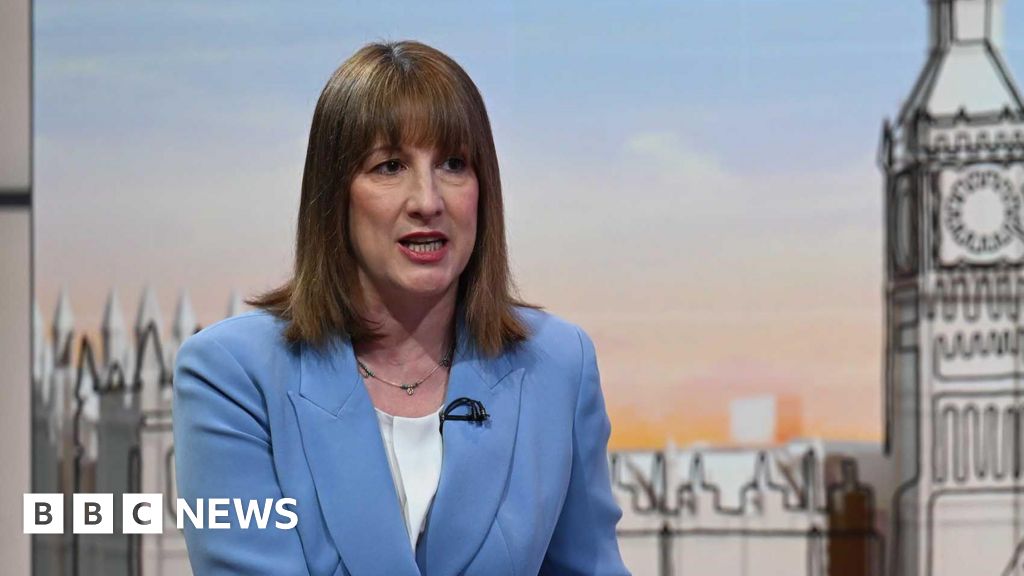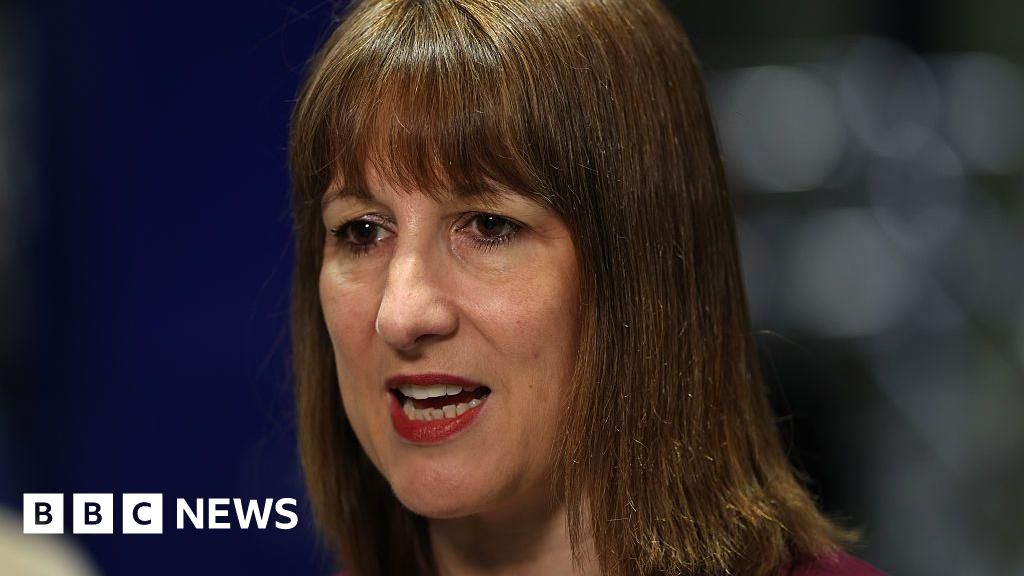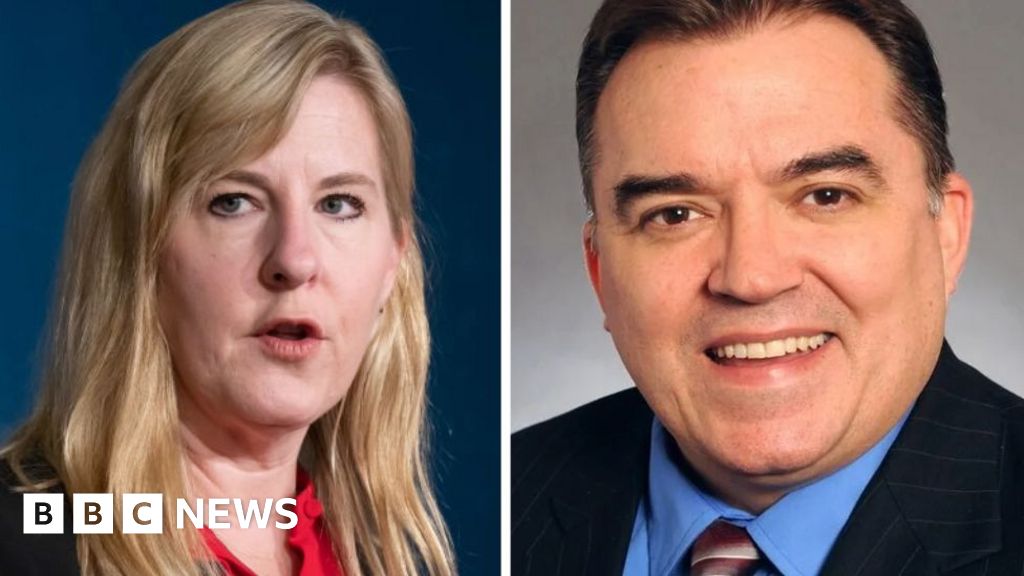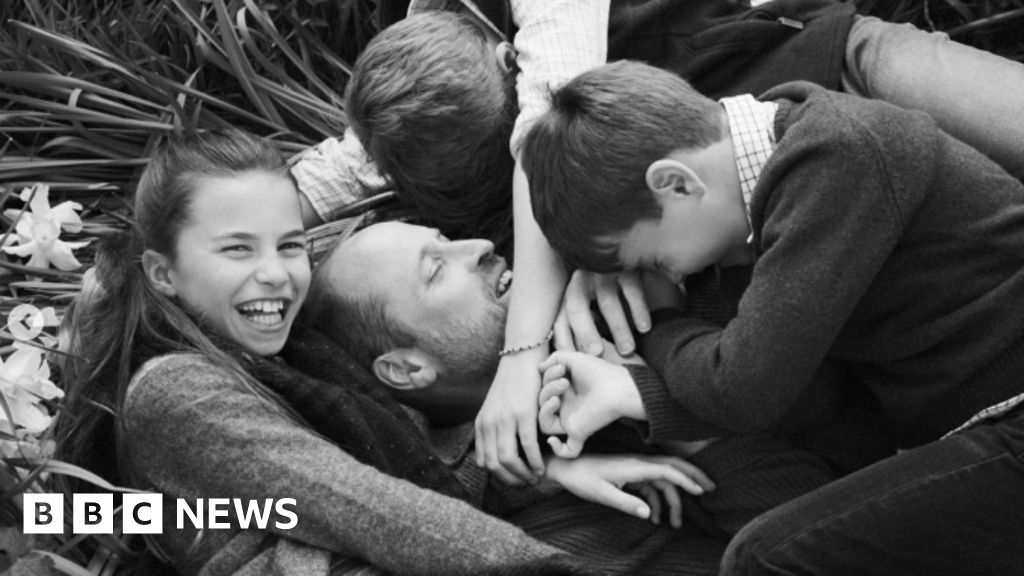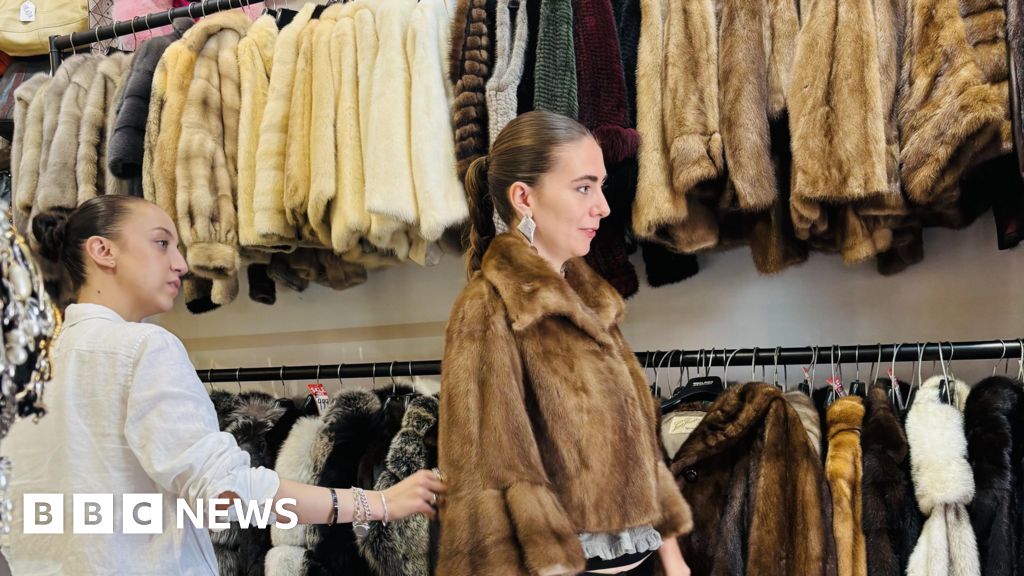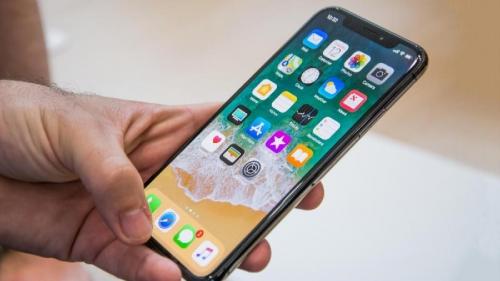Maddie Molloy
BBC Climate & Science reporter

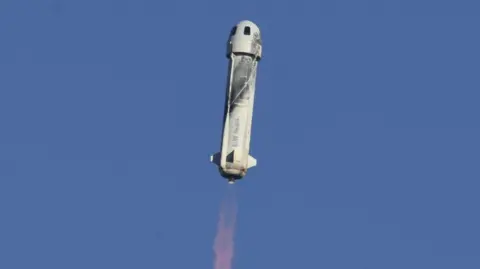 Getty Images
Getty Images
The singer will be aboard Blue Origin's New Shepard rocket
Pop star Katy Perry and five other women are set to blast into space aboard Jeff Bezos' space tourism rocket.
The singer will be joined by Bezos's fiancée Lauren Sánchez and CBS presenter Gayle King.
The New Shepard rocket is due to lift off from its West Texas launch site and the launch window opens at 08:30 local time (14:30 BST).
The flight will last around 11 minutes and take the crew more than 100km (62 miles) above Earth, crossing the internationally recognised boundary of space and giving the crew a few moments of weightlessness.

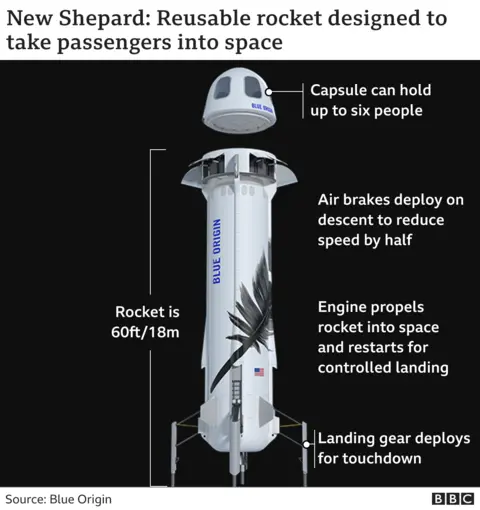
Also on board are former Nasa rocket scientist Aisha Bowe, civil rights activist Amanda Nguyen, and film producer Kerianne Flynn.
The spacecraft is fully autonomous, requiring no pilots, and the crew will not manually operate the vehicle.
The capsule will return to Earth with a parachute-assisted soft landing, while the rocket booster will land itself around two miles away from the launch site.
"If you had told me that I would be part of the first-ever all-female crew in space, I would have believed you. Nothing was beyond my imagination as a child. Although we didn't grow up with much, I never stopped looking at the world with hopeful WONDER!" Mrs Perry said in a social media post.
Blue Origin says the last all-female spaceflight was over 60 years ago when Soviet Cosmonaut Valentina Tereshkova became the first woman to travel into space on a solo mission aboard the spacecraft Vostok 6.
Since then, there have been no other all-female spaceflights but women have made numerous significant contributions.

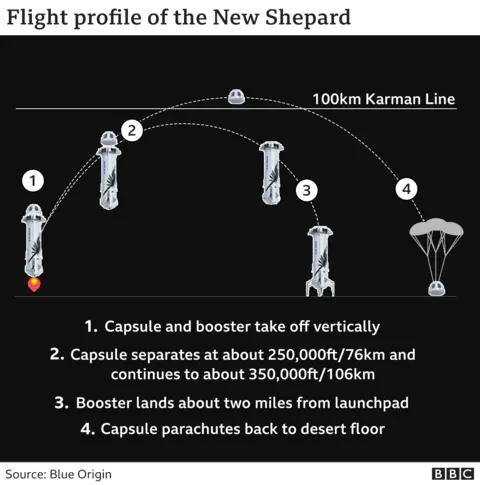
Blue Origin is a private space company founded in 2000 by Bezos, the billionaire entrepreneur who also started Amazon.
Although Blue Origin has not released full ticket prices, a $150,000 (£114,575.85) deposit is required to reserve a seat—underlining the exclusivity of these early flights.
Alongside its suborbital tourism business, the company is also developing long-term space infrastructure, including reusable rockets and lunar landing systems.
The New Shepard rocket is designed to be fully reusable and its booster returns to the launch pad for vertical landings after each flight, reducing overall costs.
According to US law, astronauts must complete comprehensive training for their specific roles.
Blue Origin says its New Shepard passengers are trained over two days with a focus on physical fitness, emergency protocols, details about the safety measures and procedures for zero gravity.
Additionally, there are two support members referred to as Crew Member Seven: one provides continuous guidance to astronauts, while the other maintains communication from the control room during the mission.

 BBC / Maddie Molloy
BBC / Maddie Molloy
The rise of space tourism has prompted criticism that it is too exclusive and environmentally damaging.
Supporters argue that private companies are accelerating innovation and making space more accessible.
Professor Brian Cox told the BBC in 2024: "Our civilisation needs to expand beyond our planet for so many reasons," and believes that collaboration between NASA and commercial firms is a positive step.
But critics raise significant environmental concerns.
They say that as more and more rockets are launched, the risks of harming the ozone layer increases.
A 2022 study by Professor Eloise Marais from University College London found that rocket soot in the upper atmosphere has a warming effect which is 500 times greater than when released by planes closer to Earth.
The high cost of space tourism makes it inaccessible to most people, with these expensive missions out of reach for the majority.
Critics, including actress Olivia Munn, questioned the optics of this particular venture, remarking "There's a lot of people who can't even afford eggs," during an appearance on Today with Jenna & Friends.
Astronaut Tim Peake has defended the value of human space travel, especially in relation to tackling global issues such as climate change.
At the COP26 climate summit in Glasgow, Peake voiced his disappointment that space exploration was increasingly seen as a pursuit for the wealthy, stating: "I personally am a fan of using space for science and for the benefit of everybody back on Earth, so in that respect, I feel disappointed that space is being tarred with that brush."
Watch Blue Origin's Last Spaceflight on the New Shepard Rocket
Watch: Blue Origin's tenth human space mission blast off
Additonal reporting by Victoria Gill and Kate Stephens, BBC Climate and Science.
.png)
 2 months ago
32
2 months ago
32



